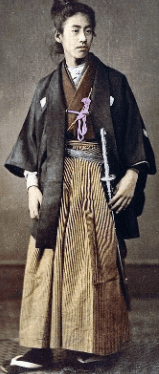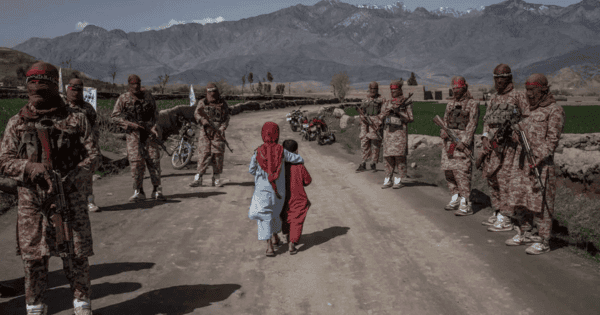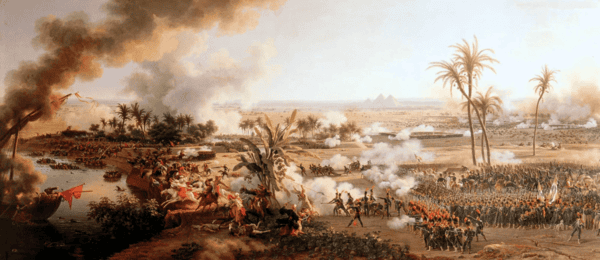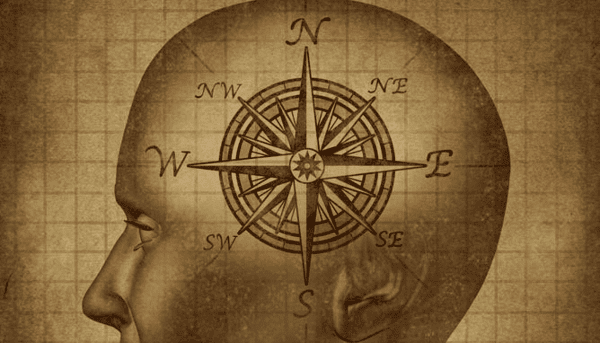|
What moral dilemma do Dr. Sadao and Hana face after discovering the wounded American soldier? |
Card: 1 / 28 |
|
They must choose between their duty to their country and their humanitarian obligation to save a life, knowing that helping an enemy soldier is illegal.
|
Card: 2 / 28 |
|
What impact does the war have on Dr. Sadao's decision to help the American soldier? |
Card: 3 / 28 |
|
The war creates a conflict between his sense of patriotism and his ethical responsibility to save a human life, ultimately leading him to prioritize compassion over nationalism.
|
Card: 4 / 28 |
|
True or False: Dr. Sadao feels no personal conflict about helping the enemy soldier. |
Card: 5 / 28 |
|
False. Dr. Sadao experiences significant internal conflict about his actions, feeling torn between his duty to report the soldier and his desire to save him. |
Card: 6 / 28 |
|
What does Dr. Sadao's decision to help the wounded soldier reveal about his character? |
Card: 7 / 28 |
|
It reveals his strong moral compass, compassion, and dedication to humanity, illustrating that he values human life above nationalistic concerns.
|
Card: 8 / 28 |
|
Bare feet refers to not wearing anything on the feet, indicating a state of being without shoes or coverings.  |
Card: 10 / 28 |
|
It implies that the person dedicated a lot of time and effort to achieve something. |
Card: 14 / 28 |
 Unlock all Flashcards with EduRev Infinity Plan Starting from @ ₹99 only
|
|
True or false: The term 'haori' refers to a type of traditional Japanese dress. |
Card: 15 / 28 |
|
False. Haori refers to a jacket of Japanese style, while 'kimono' refers to the dress.  |
Card: 16 / 28 |
|
What does the word 'voluble' describe in terms of a person's manner of speaking? |
Card: 19 / 28 |
|
False. Staggered refers to walking unsteadily or in a way that shows a lack of balance. |
Card: 24 / 28 |
|
It implies that something or someone was flung or thrown from a boat, possibly indicating an accident or a sudden event. |
Card: 26 / 28 |
|
Fill in the blank: 'Nearly not gone' indicates that someone ___ to go but did go. |
Card: 27 / 28 |























